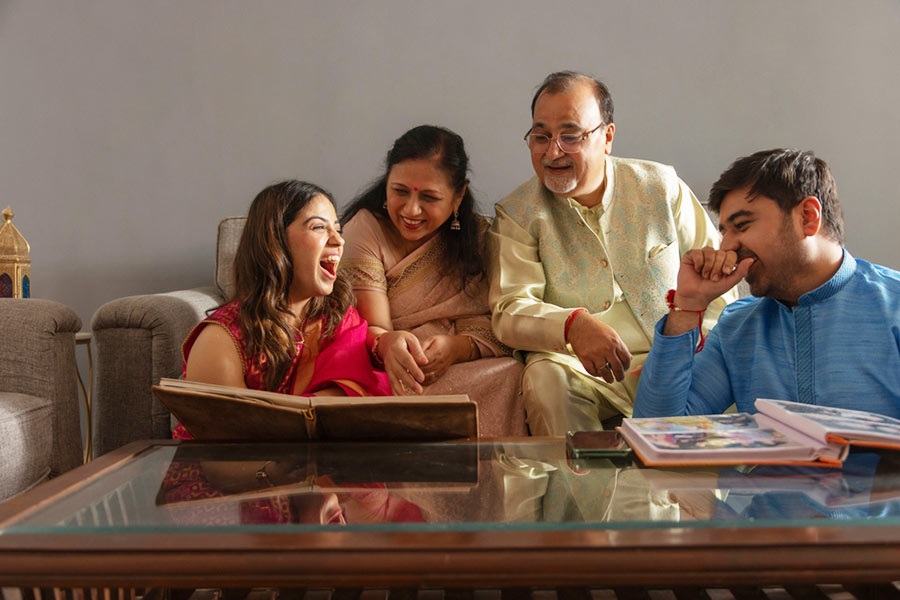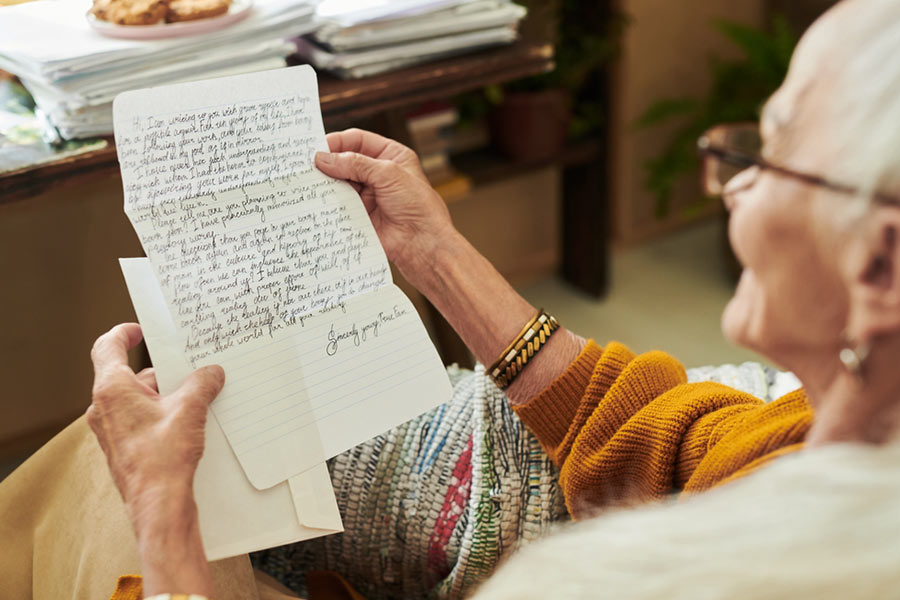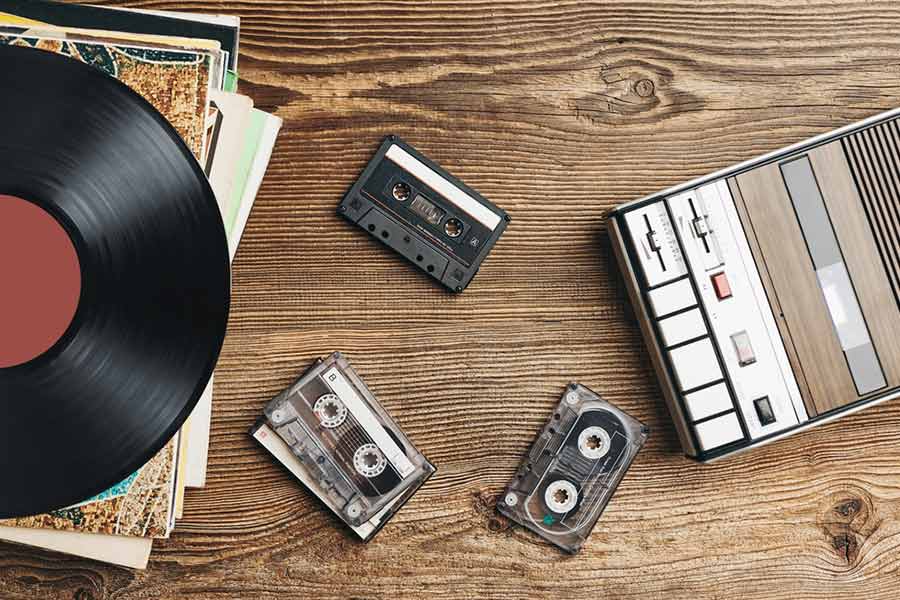They don’t make songs like they used to.
That was the best!
Things don’t have the same build quality.
Things used to be so cheap, those were the good times.
Football has been ruined these days; the good old days had all the excitement.
Puja does not give me the same feeling anymore, it’s too commercialised.
Is there anyone who hasn’t heard these statements? Only some are objectively true but all are rooted in nostalgia, in our yearning for the past.
The roots of nostalgia
Does nostalgia serve any psychological purpose? Is it good or bad? Are we more nostalgic today because we live hectic lives in an ultra-connected world? Or are these convenient excuses to help us feel better about some imagined “good old days”, like Manna Dey’s assertion, “Coffee House-er shei adda-ta aj ar nei”.
Research in psychology has shown that people engage in nostalgic loops when they are feeling low. Why? Because nostalgic loops recreate the good in their pasts, gives them confidence and boosts their mood. This is because through experiments we know that nostalgia is overwhelmingly positive. It improves one’s mood and increases our sense of meaning in life by taking us back to our accomplishments. A study asked people to reminisce about a positive personal memory, for example, the happiest and most memorable event of their lives. The moods of the participants were then assessed and showed immediate improvement.

People feel most nostalgic when they are with family and friends Shutterstock
This only tells us about one time. Does nostalgia provide a positive boost in mood every time? To assess that psychology researchers took a snapshot of participants in real-time in what is called “experience sampling”. Over a few weeks, they got participants to record their emotions and the nostalgic feelings at that moment. Through this we learnt that people feel most nostalgic when they are with family and friends. This is typically due to ‘shared memories’ that a group of people have, and therefore, form the bedrock of their relationship. The other source of great nostalgia is memory triggers, like the smell of ‘that’ dish made by ‘that’ person or the strong feelings stirred by music.
So nostalgia is a good thing, right?
For centuries, nostalgia was considered a sign of depression. ‘Living in the past.’ During the Spanish Thirty Years’ War in the 17th century, soldiers were often sent home because they showed “symptoms” of nostalgia. In fact, the word ‘nostalgia’ is formed out of ‘nostos’ (homecoming) and ‘algos’ (pain). The physician who coined the word, Johannes Hofer, labelled it as a mental disorder. The strict standards have changed over the centuries but nostalgia is still seen a bit negatively. Which might make us wonder, with all that is going on in our world, how bad a thing it really is to escape into the past.

Nostalgia is so important because it connects who we were to who we are Shutterstock
The problem is when we are nostalgic about a time, we do not quite remember it as it really was. We recreate the time from memory, which means our brain attempts to join all the dots of the past. Attempt is the key word here, since our memory is often biased and reconstructs past events inaccurately. The inaccuracies are mostly designed to make us feel better. Not all experiences in the past may have been positive, but when we look back, we tend to think generally, as opposed to thinking about specifics, and essentially ‘paint’ our memories with a very broad nostalgic brush, removing the smaller negative details that had troubled us back then.
Nostalgia affords us a sense of continuity when little else does. But it becomes a problem, when we live only in our nostalgic version of the past. Looking back is tricky, because who we were is not necessarily who we are now. We think differently, feel differently and act differently. Even from a biological standpoint, we are different, because even the cells that make us have been recycled and changed. This, perhaps, is also the reason nostalgia is so important: it connects who we were to who we are. Perhaps even to who we want to be. Beyond the aesthetic value and the enjoyment we derive from it, nostalgia, occasionally engaged, can be a source of deep solace. As Gabriel Garcia Marquez wrote: “No matter what, nobody can take away the dances you’ve already had.”
Dr Sahen Gupta is a Kolkata-born, India- and UK-based psychologist who divides his time between mental health support and high-performance coaching. As the founder of Discovery Sport & Performance Lab, he works not only with Olympians and other top-level sportspersons, but also with CEOs and other professionals striving for excellence. Dr Gupta’s mission is to simplify complexities of the mind into actionable and simple ‘doables’ that allow individuals to be mentally fit.


